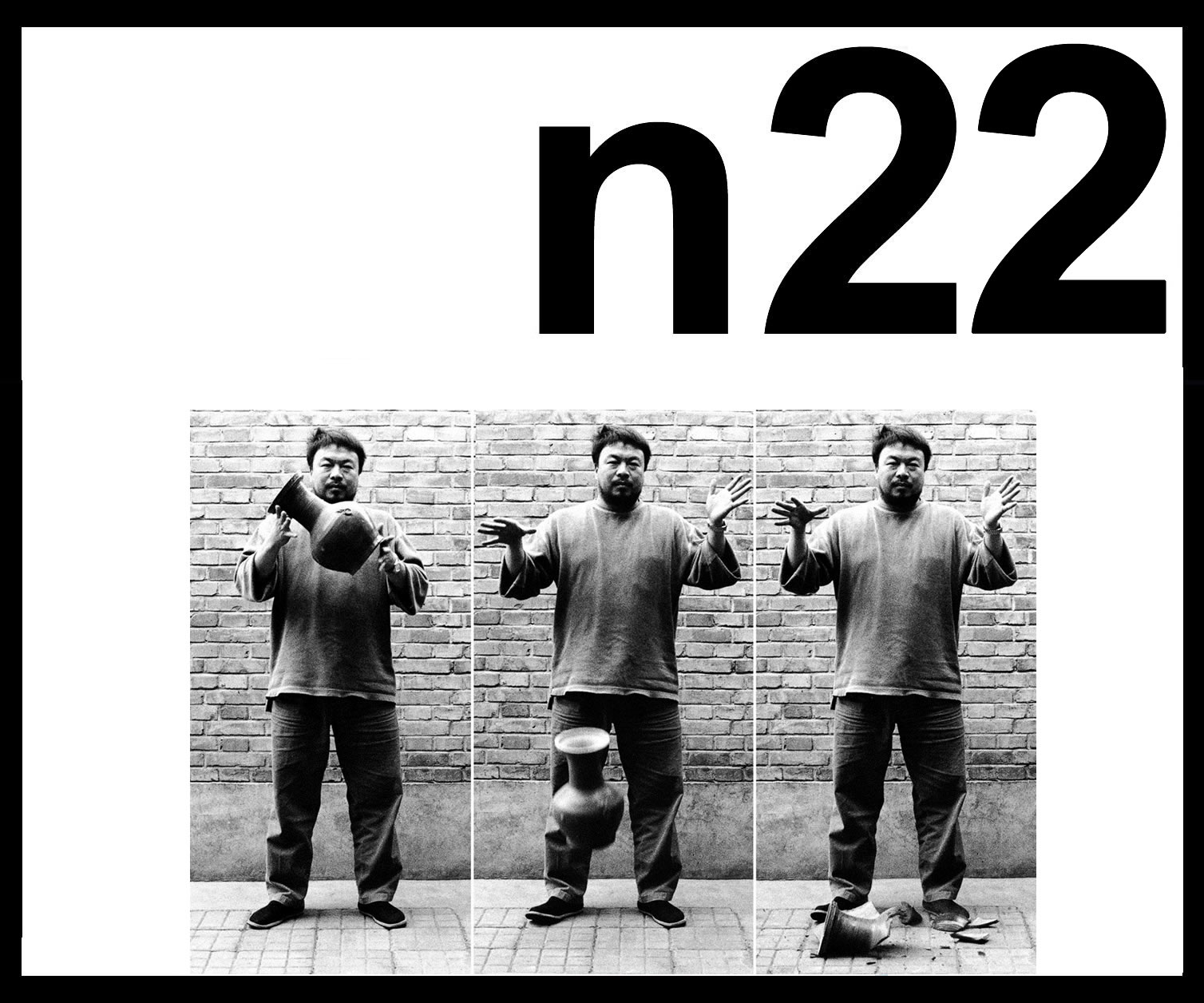Abstract
This paper develops the following hypothesis: starting from what is known as "state of nature", according to the Hobbesian conception of it, an interpretation of the film Videodrome (1983), by the Canadian director David Cronenberg, is proposed, in which two fundamental instances would be evidenced. The first one is a clear need to return to a state of nature already surpassed due to the desire for violence marked by a fascination or seduction for it. And the second one is, a certain "realization" of the imperiousness of abandoning that same state of nature, in order to embrace what in the film is referred to as the "new flesh". Under this paradigm, TV as an order of reality would appear in the aforementioned film as an equivalent of violence in the order of everyday life. The central conjecture of the work indicates, then, that there would be a certain need to inhabit violence in order to overcome, in a definitive way, a state of nature from which a real way out seems to become impossible.
References
-Cronenberg, D. (Director). (1983). Videodrome [película]. CFDC; Filmplan; Guardian Trust Company; Famous Players Limited.
-Freud, S. (1992). El malestar de la cultura. En Obras Completas (pp. 65–140). Amorrortu Editores: Buenos Aires.
-Hobbes, T. (2017). Leviatán. Fondo de Cultura Económica: México
-________. (2000). De Cive. Alianza Editorial: Madrid.
-Jáuregui-Balenciaga, I. y Méndez-Gallo P. (2011). Fenomenología de la violencia En: Boletín Científico Sapiens Research, Vol. 1 (2), pp. 41-48.
-VOX. (2012). Diccionario Ilustrado VOX; Latino-Español, Español-Latino. Barcelona: Larousse.

This work is licensed under a Creative Commons Attribution-NonCommercial-ShareAlike 4.0 International License.
Copyright (c) 2022 Nicolás Silva Gálvez

